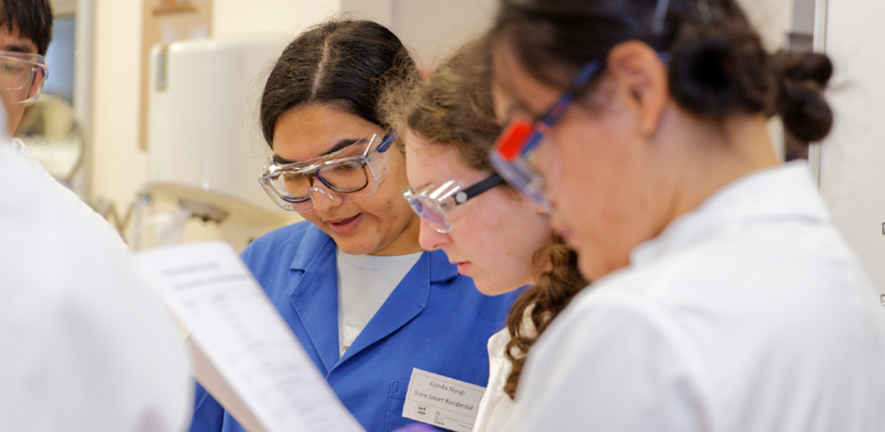
Run by the University of Cambridge, STEM SMART is a free course which gives students with an educational disadvantage the academic support they need to pursue STEM subjects at a higher level. The programme offers students across the UK extra tuition, problem solving, and potentially a residential stay at the University.
The first phase includes academically-focused online tutorials as well as mentoring sessions for general questions around things like university life and revision strategies. Phase two includes smaller group tutorials where students have more opportunities to interact and ask and discuss subject questions with their supervisors and fellow students.
Residential Programme
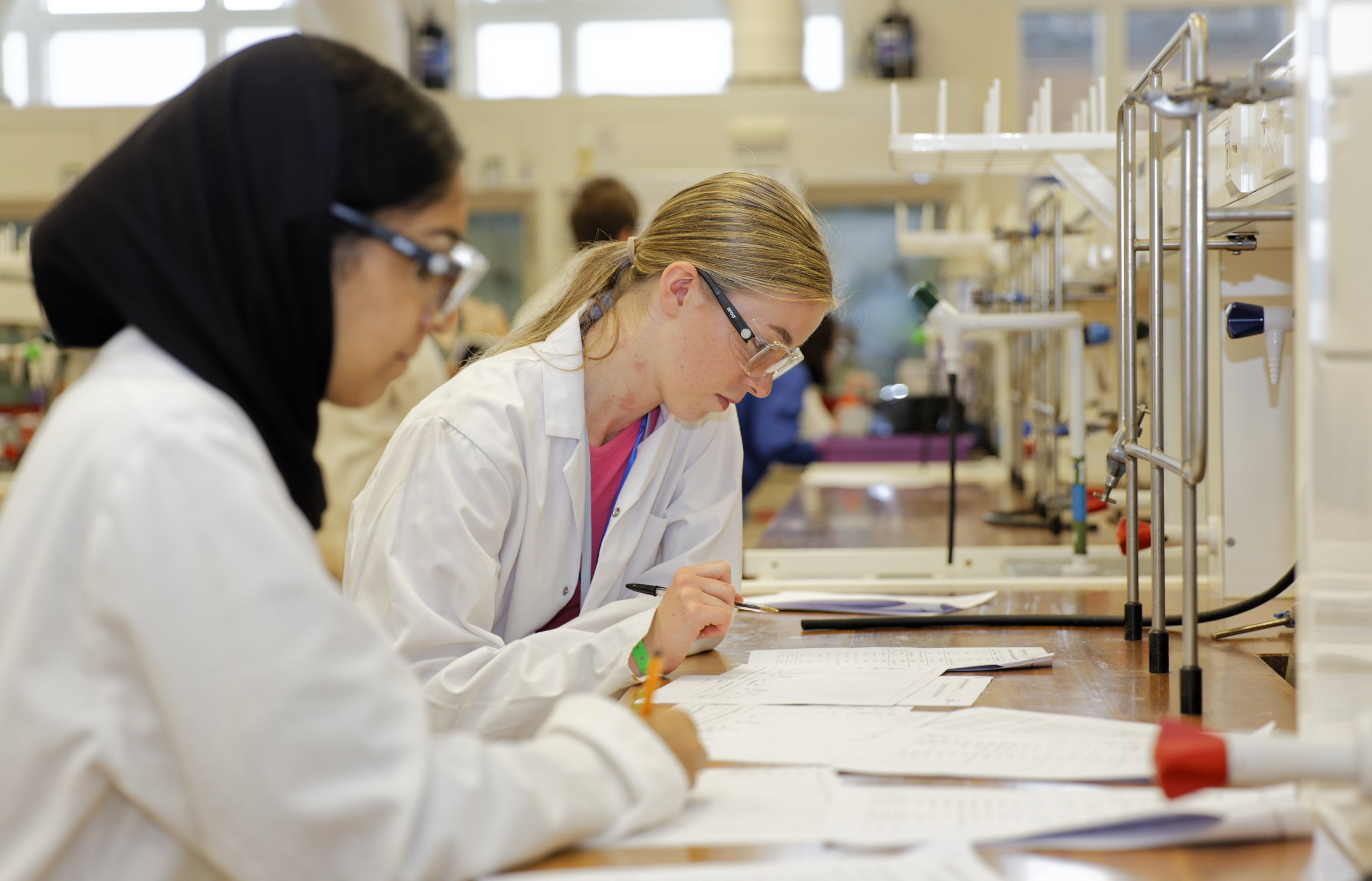
The final part of the programme is a residential stay in Cambridge for the most engaged students who live in colleges for four days and experience university-level laboratory work and lectures. Last year, the students performed experiments in our laboratories and used IR and NMR spectroscopy to identify different compounds.
A student from the first residential course said: “The chemistry labs are very different! We have nothing like this at school.”
The students have access to professional equipment and experience university life. Another student from the first cohort commented: “The science I’ve been doing here is completely different to high school. Everything is bigger and there is a lot of stuff I’ve never seen before. I’m definitely going to continue with chemistry.”
Second year running
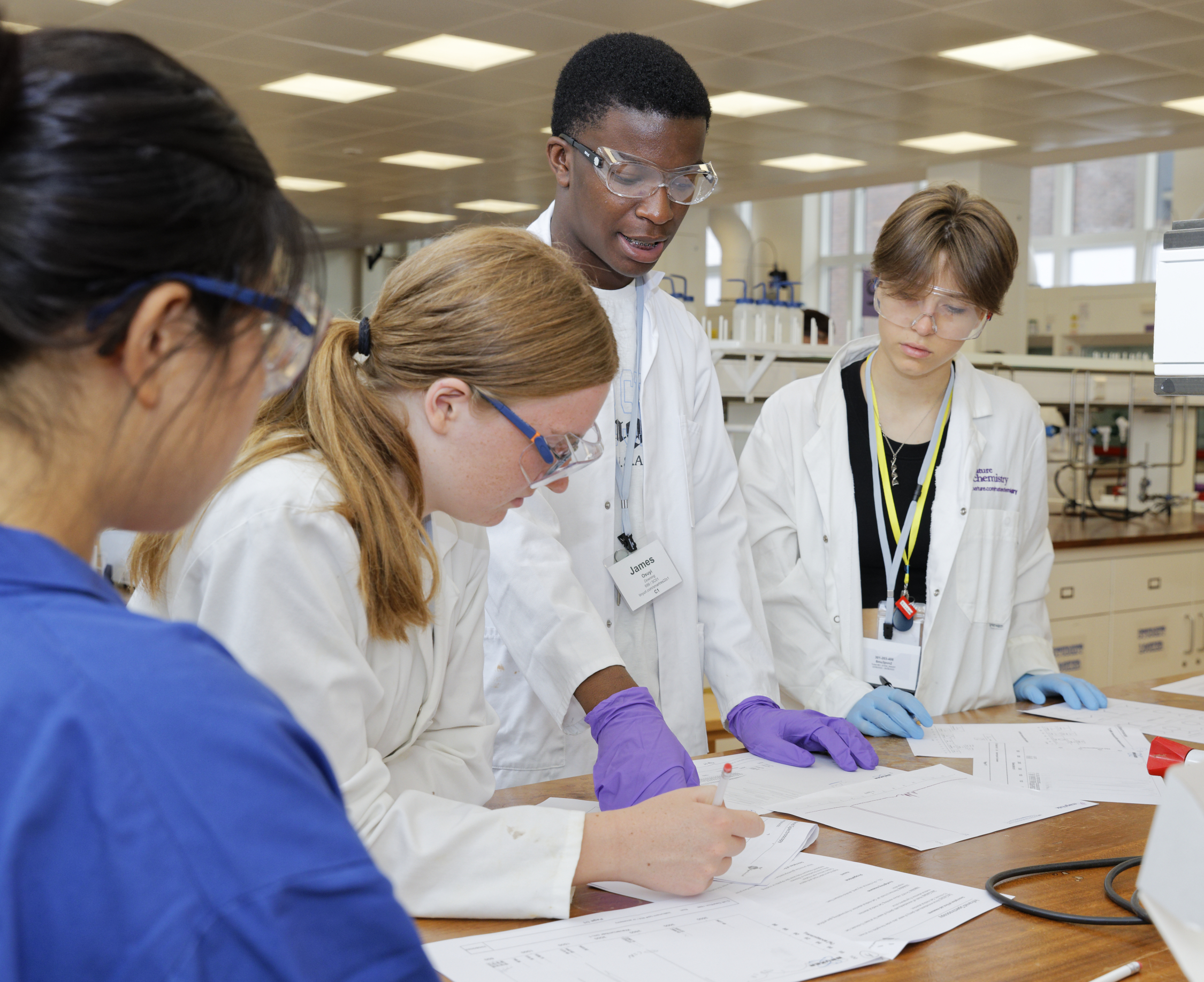
The course is a valuable way to help bring subject-specific higher education experiences to students from underrepresented backgrounds in chemistry. One of the key aims is to raise the A-level attainment for students with an educational disadvantage and build confidence in the sciences.
Andrea Chlebikova leads the chemistry wing of STEM SMART. Andrea, who is close to finishing her PhD in Professor Alex Archibald's Atmospheric Chemistry research group, comments: “The first cohort was a pilot run and it was a huge success. We went all out, and there was amazing work from the mentors, the technicians, and of course the students themselves.
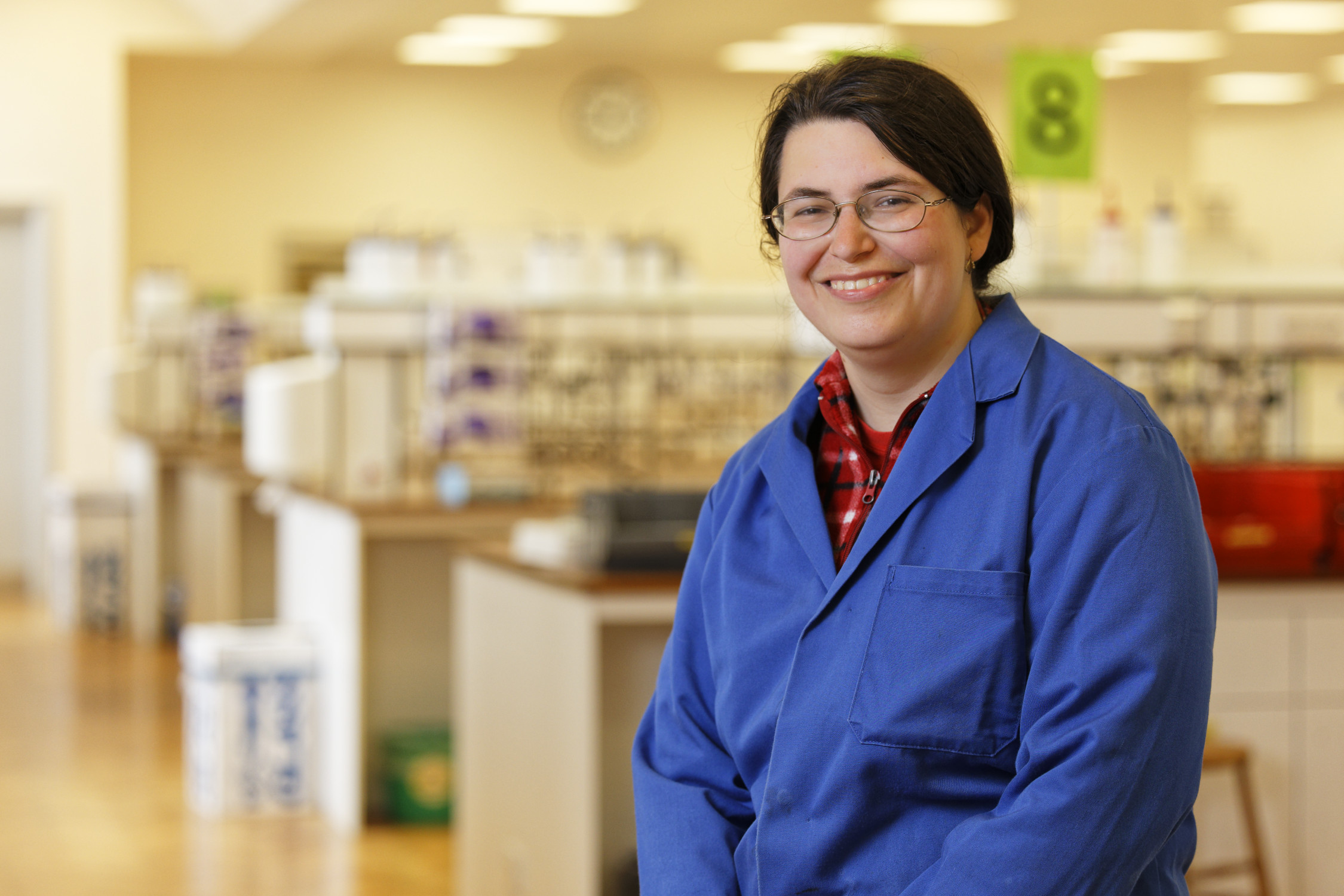
Andrea Chlebnikova, taken by Nathan Pitt, University of Cambridge.
“The next cohort, which started this year, is going to be even bigger; for example, we are adding more biology and engineering components after feedback. It is their first experience of engineering since it is not offered at A-Level.
“Another important addition will be some training for university admission assessments. These exams often require a speed component that can take some practice to get used to. The preparation offered by this programme can play a vital part in increasing representation across different ethnic and educational backgrounds in tertiary education.”
Raising attainment
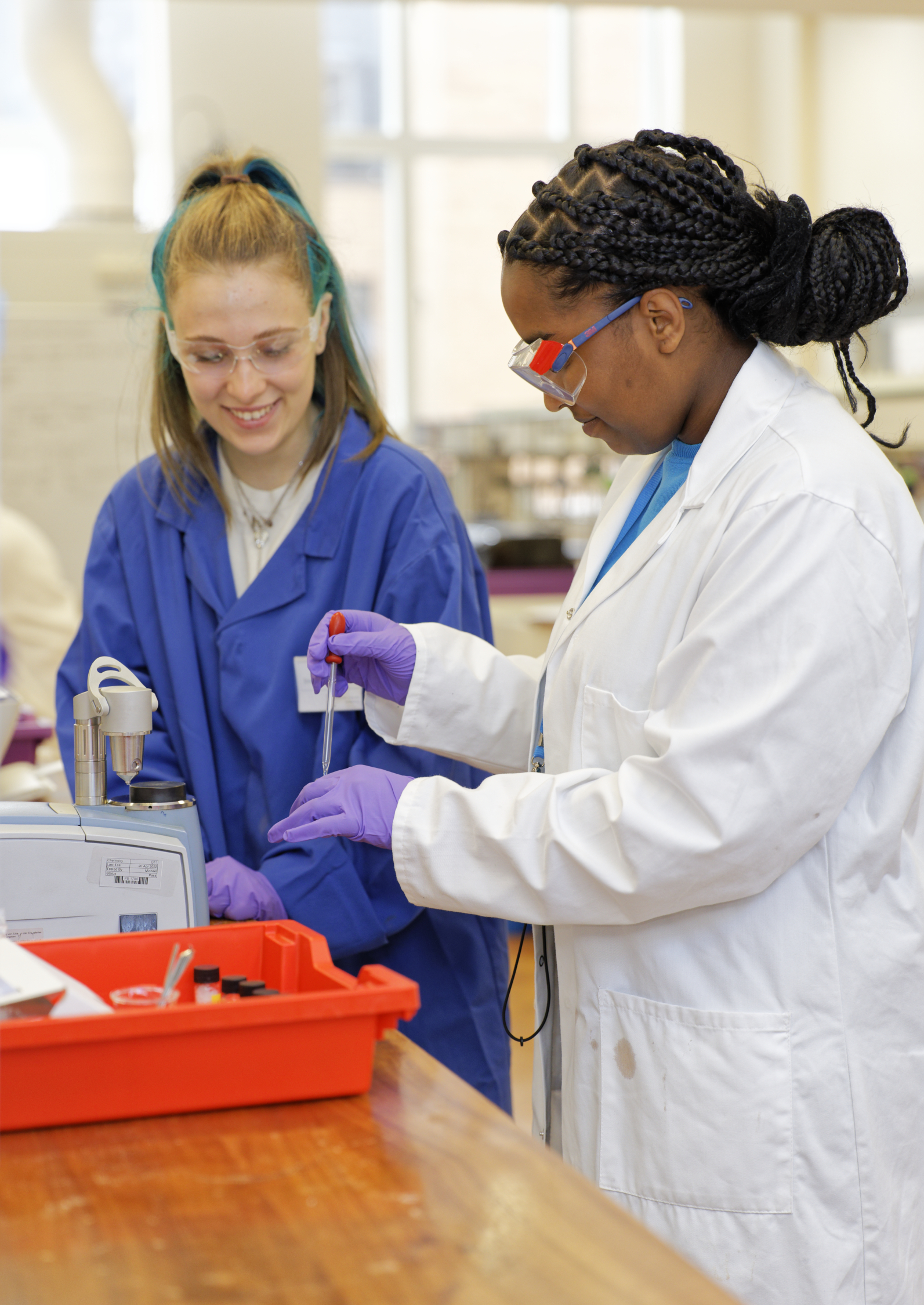
STEM SMART has already impacted the educational journeys of its first cohort of students. One response speaks for itself:
“Thank you so much for all your help throughout the year. It has already had a great impact on my studies as I achieved an A* in my A-level maths exam last week which was made possible by the continued support from you and my other teachers on STEM SMART.”
This comment was made by a student at the end of the residential programme.
STEM SMART is an incredible initiative and is only made possible thanks to support from Isaac Physics, a free online study tool developed by the University of Cambridge for secondary school students and teachers, and funded by the Department for Education and The Ogden Trust.
Please note that we have anonymised the comments from the students.

